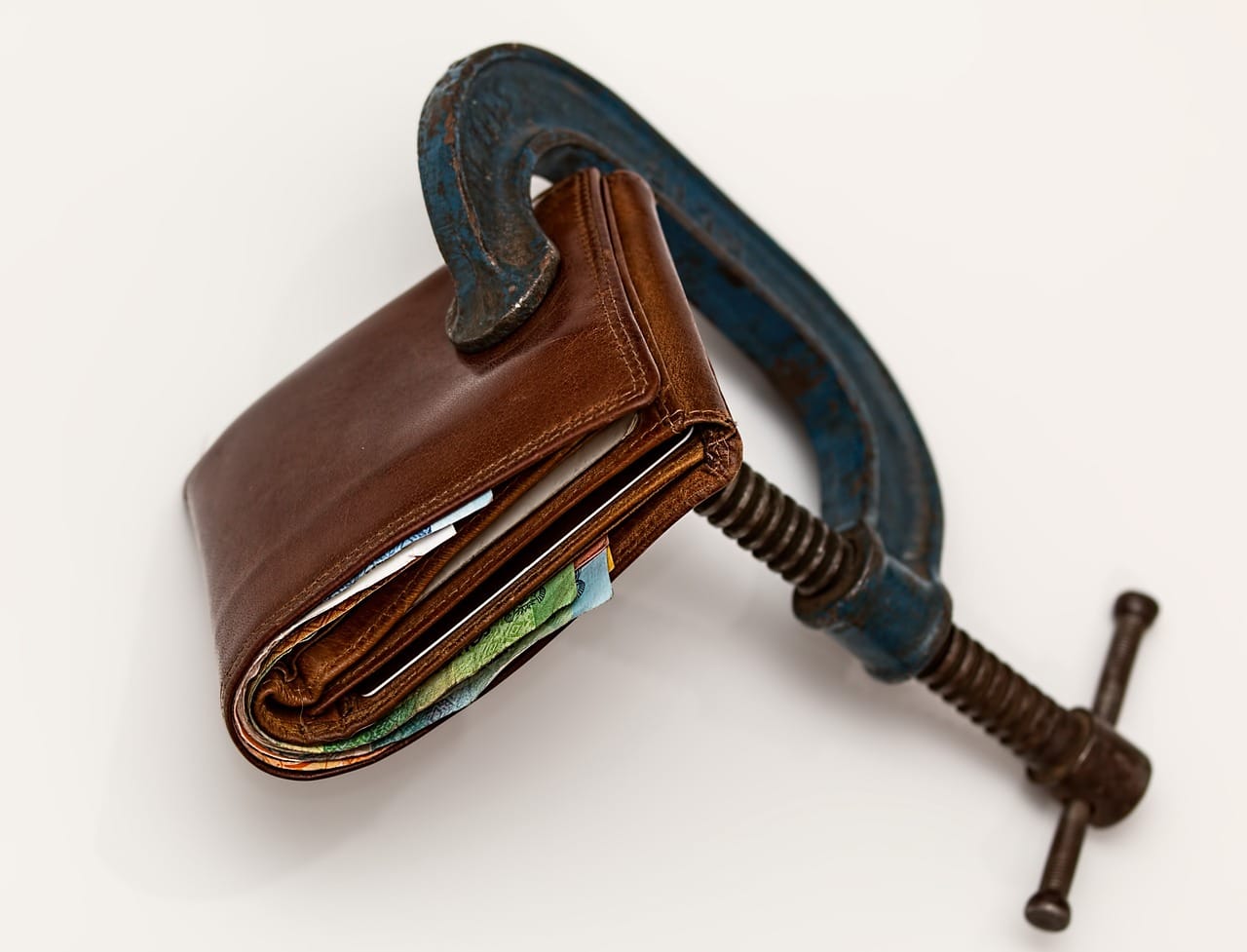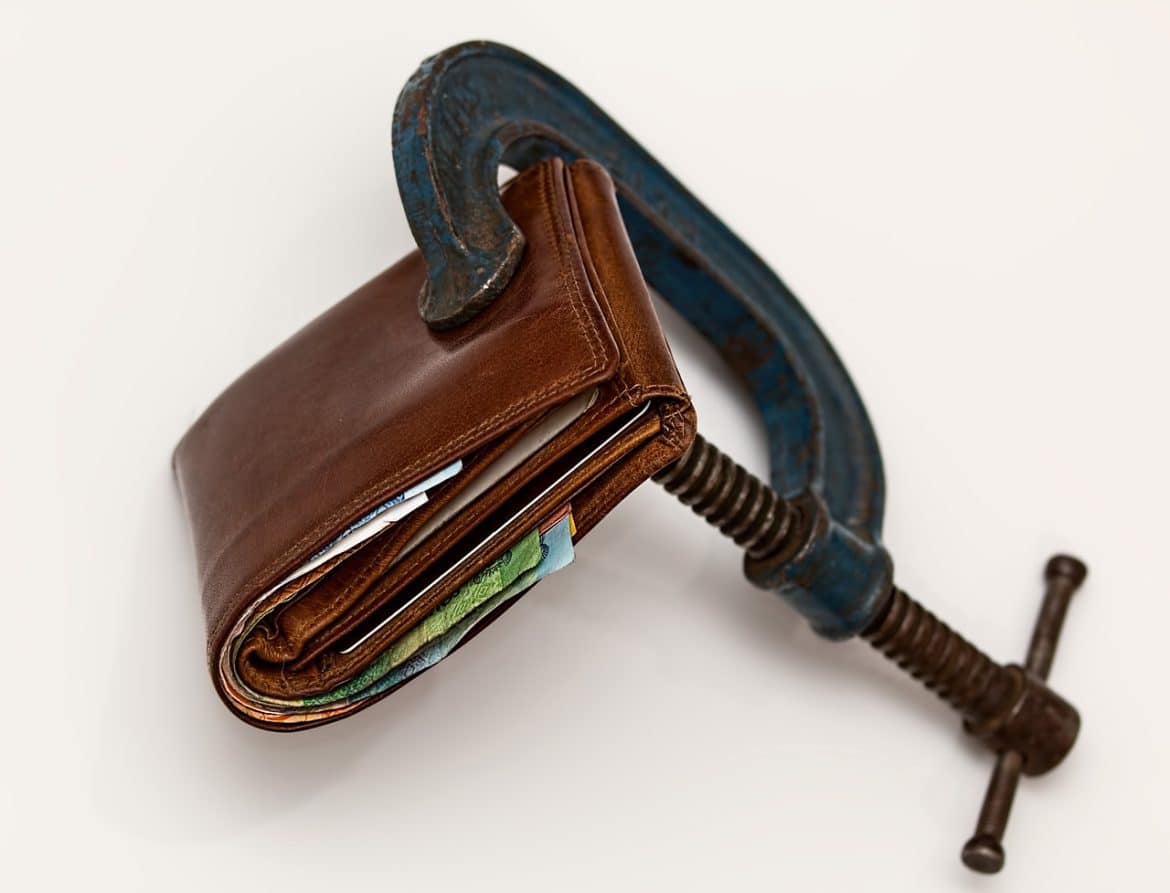Have you found yourself drowning in debt and struggling to make ends meet? If so, then understanding Chapter 7 bankruptcy may be the lifeline you need to achieve financial freedom. Chapter 7 bankruptcy is a legal process that allows individuals or businesses to discharge most of their debts and start afresh. By filing for Chapter 7 bankruptcy, you can eliminate overwhelming debt and regain control of your financial future. In this article, we will explore the basics of Chapter 7 bankruptcy and how it can provide you with a fresh start. So, let's dive in and discover how Chapter 7 bankruptcy can help you overcome the burden of debt.
Understanding Chapter 7 Bankruptcy
Chapter 7 Bankruptcy is a legal process designed to help individuals and businesses eliminate overwhelming debt and obtain a fresh start financially. By filing for Chapter 7 Bankruptcy, you can discharge most, if not all, of your debts and alleviate the burden of financial obligations that have become unmanageable. This article will provide a comprehensive overview of Chapter 7 Bankruptcy, including what it entails, who can file, the bankruptcy process, the role of the bankruptcy trustee, the liquidation of assets, the distinction between exempt and non-exempt assets, the role of creditors, and the impact of Chapter 7 Bankruptcy on your credit score.
What is Chapter 7 Bankruptcy?
Chapter 7 Bankruptcy, also known as "liquidation bankruptcy," is a form of bankruptcy that involves the liquidation of a debtor's non-exempt assets to repay creditors. It is typically the most straightforward and expedient form of bankruptcy, usually lasting only a few months.
Who Can File for Chapter 7 Bankruptcy?
Both individuals and businesses can file for Chapter 7 Bankruptcy. However, there are certain eligibility criteria that must be met. Generally, individuals who have a significant amount of unsecured debt and little to no disposable income are prime candidates for Chapter 7 Bankruptcy. Businesses that are unable to operate profitably or are burdened by excessive debt may also choose to file for Chapter 7 Bankruptcy.

This image is property of pixabay.com.
The Chapter 7 Bankruptcy Process
The Chapter 7 Bankruptcy process can be divided into several stages. It begins with the preparation of pre-filing requirements, such as gathering necessary financial documents and completing credit counseling. Once these requirements are fulfilled, the debtor can proceed with filing their bankruptcy petition. After the petition is filed, a meeting of creditors is scheduled, providing an opportunity for creditors to question the debtor regarding their financial affairs. Following the meeting of creditors, the bankruptcy trustee takes charge of the debtor's non-exempt assets and liquidates them to generate funds for repayment to creditors. Finally, once the liquidation process is complete, the debtor can obtain a discharge of their debts, effectively releasing them from personal liability for those debts.
Automatic Stay
One of the most powerful benefits of filing for Chapter 7 Bankruptcy is the automatic stay. When a bankruptcy petition is filed, the automatic stay goes into effect, providing immediate relief to the debtor by halting all collection efforts, including wage garnishments, lawsuits, and foreclosure proceedings. This stay is designed to protect individuals and businesses from continued harassment and allows them to focus on the bankruptcy process with some peace of mind.

This image is property of pixabay.com.
Bankruptcy Trustee
In Chapter 7 Bankruptcy, a bankruptcy trustee plays a crucial role. The trustee is appointed by the court and serves as a representative of the debtor's creditors. Their primary responsibility is to review the debtor's financial records, oversee the liquidation of non-exempt assets, and distribute the proceeds to creditors as fairly as possible. The trustee is also responsible for ensuring that the debtor is abiding by the bankruptcy laws and fulfilling their obligations.
Liquidation of Assets
The main objective of Chapter 7 Bankruptcy is the liquidation of non-exempt assets to generate funds for creditors. Non-exempt assets can include property, vehicles, investments, and valuable personal belongings. The bankruptcy trustee will evaluate and determine which assets are eligible for liquidation, while certain assets, known as exempt assets, are protected from being seized. The non-exempt assets are sold, and the proceeds are distributed to creditors based on the priority of their claims.

This image is property of pixabay.com.
Exempt vs. Non-Exempt Assets
Understanding the distinction between exempt and non-exempt assets is crucial in Chapter 7 Bankruptcy. Exempt assets are those that are protected by law and cannot be liquidated to repay creditors. Common examples of exempt assets include a primary residence, a certain amount of equity in a vehicle, household goods and furnishings, and tools necessary for one's trade or profession. Non-exempt assets, on the other hand, are subject to liquidation. It is essential to consult with a bankruptcy attorney to determine the specific exemptions available in your jurisdiction.
Role of Creditors in Chapter 7 Bankruptcy
Creditors play a significant role in Chapter 7 Bankruptcy. They have the right to participate in the bankruptcy proceedings, attend the meeting of creditors, and submit proof of their claims against the debtor. The meeting of creditors allows creditors to inquire about the debtor's financial affairs and voice any concerns they may have. Ultimately, creditors' rights must be respected and protected during the bankruptcy process.
Discharge of Debts
Perhaps the most significant benefit of Chapter 7 Bankruptcy is the discharge of debts. Once the bankruptcy process is complete, the court will issue a discharge order, which relieves the debtor from personal liability for most of their debts. This means that the debtor is no longer legally obligated to repay the discharged debts, and creditors are prohibited from taking any further collection actions. However, it is important to note that certain types of debts, such as student loans, child support, alimony, and recent tax obligations, are generally not dischargeable.
Effects of Chapter 7 Bankruptcy on Credit Score
Filing for Chapter 7 Bankruptcy will have an immediate and significant impact on your credit score. Bankruptcy does appear on your credit report, potentially lowering your credit score by several hundred points. However, it is important to remember that if you are considering Chapter 7 Bankruptcy, your credit score may already be negatively affected by late payments, defaults, and other financial hardships. Despite the initial impact, Chapter 7 Bankruptcy can also provide an opportunity for a fresh start. By practicing responsible financial habits, such as paying bills on time and maintaining a low debt-to-income ratio, you can begin to rebuild your credit over time. While it may take several years, it is possible to recover a good credit score after Chapter 7 Bankruptcy.
In conclusion, Chapter 7 Bankruptcy is a valuable tool for individuals and businesses burdened by substantial debt. It offers the opportunity to eliminate overwhelming financial obligations, protect certain assets, and obtain a fresh start financially. By understanding the bankruptcy process, the role of the bankruptcy trustee, the liquidation of assets, and the impact on credit scores, individuals and businesses can make informed decisions about whether Chapter 7 Bankruptcy is the right solution for their financial situation.

